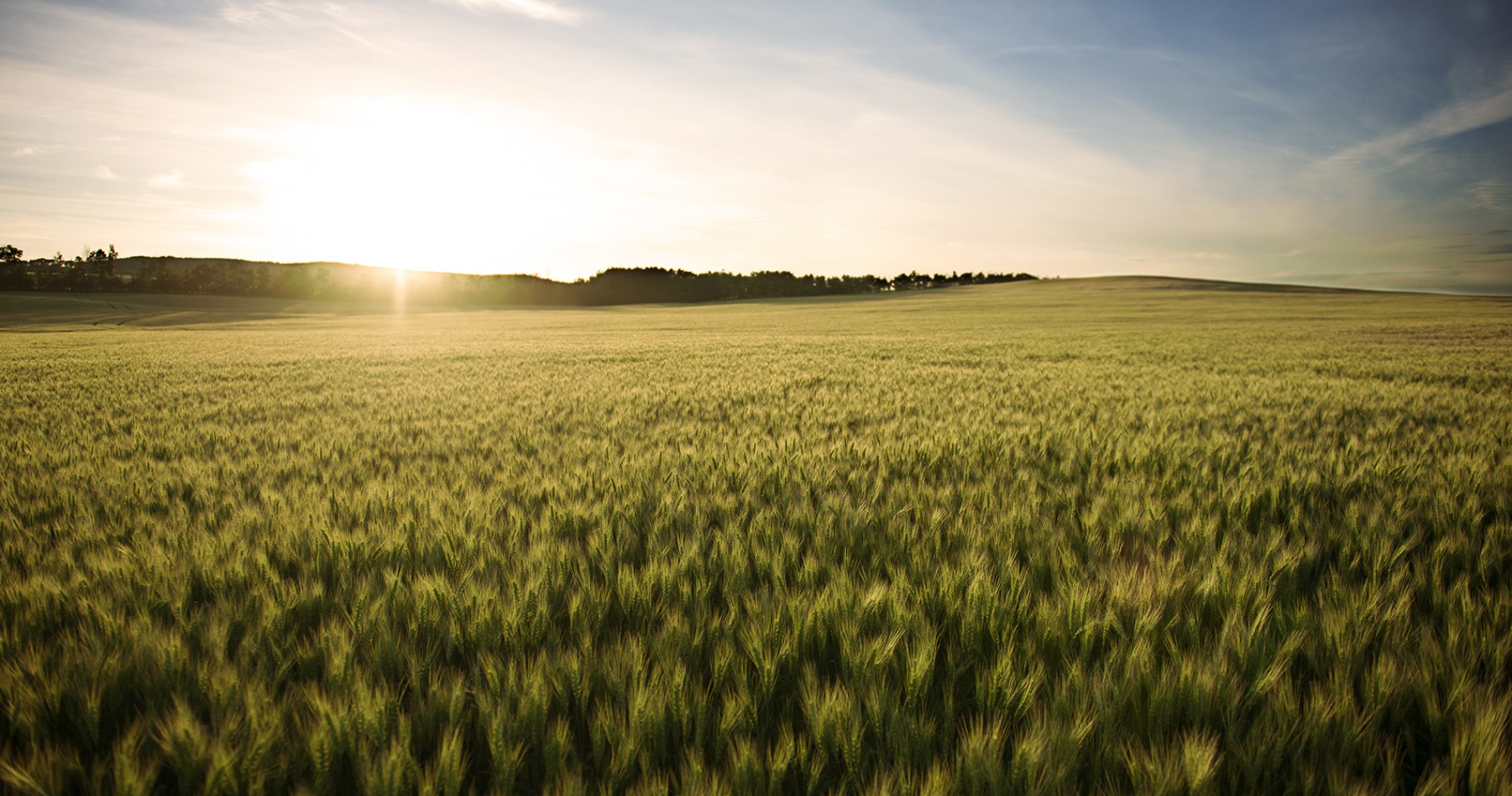Government policy and program outcomes: evaluating energy efficiency of on-farm grain conditioning systems
Grain conditioning is vital for grain producers across Alberta as an often unpredictable-but-required process to prevent grain quality deterioration and spoilage. Fuels used for grain conditioning are one of the largest sources of on-farm energy consumption and greenhouse gas emissions in the crop sector. Since the introduction of the provincial carbon levy in 2016 and the federal carbon tax in 2018, farmers have been concerned with the increased cost of grain drying operations. In 2019, the Alberta Wheat and Barley Commissions, in collaboration with Alberta Canola and Alberta Pulse Growers and with funding from the Canadian Agricultural Partnership (CAP), proposed a three-year project to assess the energy consumption and implications of the carbon tax on grain conditioning systems and inform government policy and programs.
With the technical expertise of 3D Energy and support from the Prairie Agricultural Machinery Institute and Lethbridge College, a comparative energy assessment was conducted on different drying systems. Sites measured for the study utilized a combination of electricity, natural gas, diesel, propane and solar. The data collection revealed benefits and limitations of the various grain conditioning systems. Overall, the study showed that with the carbon price expected to increase to $170 per tonne of carbon dioxide equivalent by 2030, grain drying costs would be driven up by more than 100 per cent within this time frame, resulting in annual increases of up to $25,000 for some operations with the tax outstripping the cost of the fuel itself. Most importantly, after three years of study, the data showed that increased carbon pricing did not reduce emissions related to drying operations, as a required practice to prevent spoilage and ensure grain quality, but put disproportional pressure on smaller farms.
The study findings helped form recommendations for government-offered incentive programs that offset the cost of the carbon tax and support farmers that adopt efficient grain drying technologies and practices. The Alberta Efficient Grain Handling Program under the Canadian Agricultural Partnership (CAP) is one example of such incentives. The program continues to take applications for shared funding of eligible expenses.
In 2021, the federal government launched the $50 million Agricultural Clean Technology Program adoption stream, listing purchase and adoption of new and upgraded grain dryers as a program priority. Although it was a good start, concerns have arisen regarding the initial prioritization of non-viable grain drying systems (i.e., biomass, electrical) alternatives that have not proven effective in large-scale drying done on the Prairies. Further, the size of the funding envelope limits participation and reach, and quickly filled after opening.
The data collected throughout the study demonstrates that given the volumes and intensity of drying operations in Alberta, using electric heating for grain drying is not recommended nor viable. Electricity has both the highest operating cost, at three to four times that of natural gas, and the highest attributable emissions, not to mention, electrical services and infrastructure require sustainable upgrades to satisfy the electrical demands for grain drying.
The three-year study overwhelmingly showed that broader adoption of natural gas could reduce operating costs compared to diesel or propane and result in approximately 30 per cent less greenhouse gas emissions than diesel and 17 per cent less than propane. While Alberta has an extensive natural gas infrastructure, it is cost-prohibitive for most farms without access to the existing infrastructure network. The study recommended a large-scale expansion of the natural gas infrastructure across more farming communities while also considering the offer of rebates, subsidies or tax incentives to help encourage farmers to switch from using propane or diesel to gas-fired systems. As a result of this work, farmers can receive up to $20,000 for costs incurred over and above those paid by the Rural Gas Program to run a natural gas pipeline to a grain dryer under the previously mentioned Alberta Efficient Grain Handling Program.
The commissions have been supportive of the advocacy of other groups related to the final policy-related recommendation of the project; to remove the carbon tax for natural gas and propane fuel consumption on meters specifically designated for grain drying. To this end, in February 2022, MP Bill Lobb (Huron-Bruce) introduced a Private Members Bill into the House of Commons that would exempt natural gas and propane from the carbon tax if used to dry grain (also extends to heating and cooling of barns, greenhouses and irrigation).
We continue to monitor the progress of the bill. In the meantime, the Alberta Wheat and Barley Commissions’ agronomy team is developing an extension plan to communicate the study recommendations to farmers – stay tuned for more information to come this fall. The full report is available at teamalbertacrops.com.

